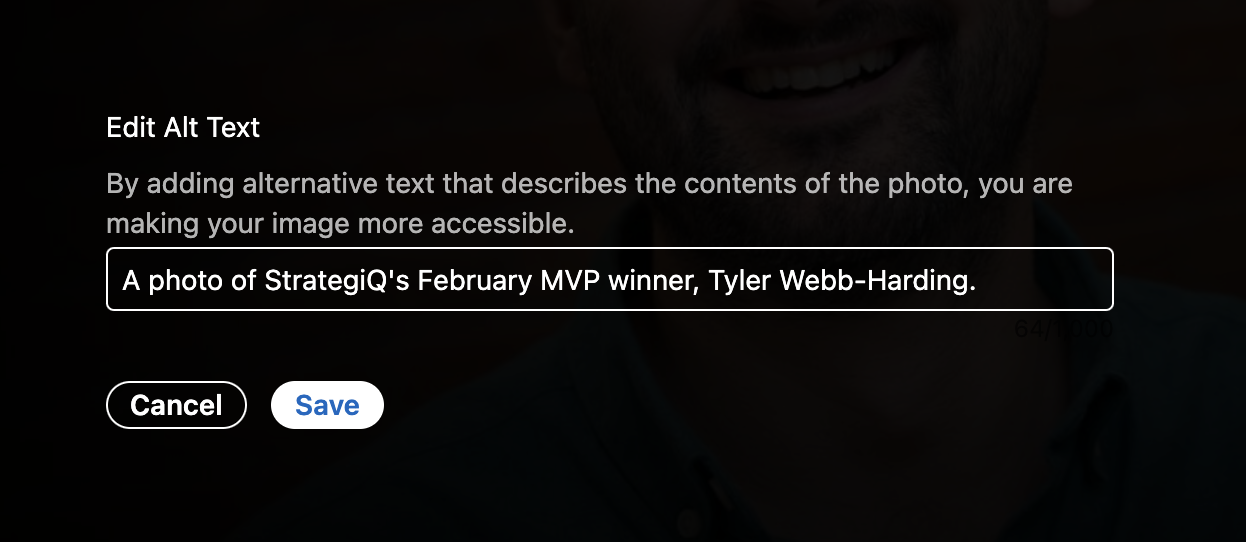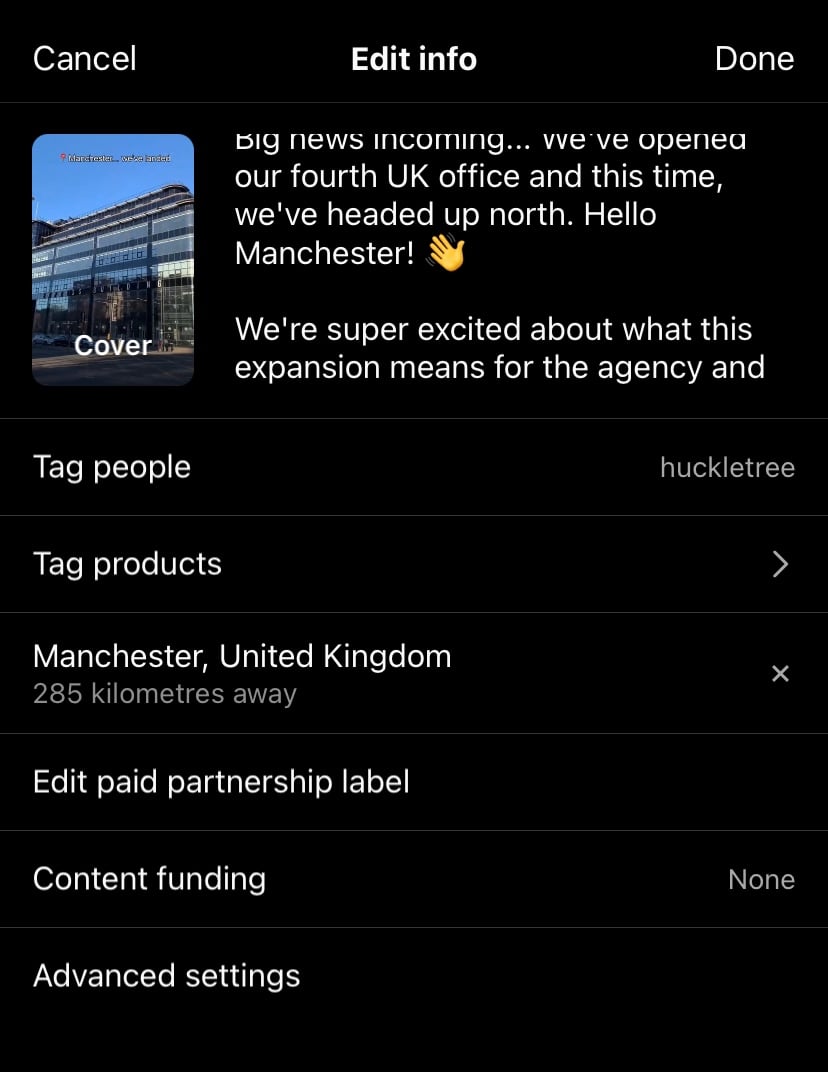The rise of social media search functions
The use of SEO in social media has been on the rise in recent years. More and more of us are turning to social media platforms to get answers to our burning questions and it’s becoming a game changer.
Now, let’s answer the question that’s on everyone’s minds: will social media replace Google Search?
Well, the short answer is no.
However, we’re seeing some platforms step up to the plate and be used as an alternative for particular searches, giving Google a bit of friendly competition.
Gone are the days of using 20+ hashtags in your posts, of which 10 of those didn’t have anything to do with your content and 4 of them were branded. We have come a long way since and now marketers can tailor hashtags to figure out what users are out there looking for.
The crossover between SEO and social media
Social media is used for various reasons including entertainment, socialising with friends or even research purposes.
This is where the use of SEO on your posts is crucial. There’s a growing trend of using platforms like TikTok as a search engine to seek out ideas for trips or home inspiration. In fact, you can now even add a widget on your phone that is the search bar for TikTok!
You can also use social media to benefit your SEO. Say, as a flooring manufacturer, you receive repeated enquiries from 20 users asking the same questions about how to lay a specific type of flooring. Why not turn that into a piece of content?
Not only does this save time addressing the same question repeatedly, but it also allows you to direct users to that piece of content. Realistically, if 20 users have asked the question, how many more want to know the answer? This in turn boosts your site’s SEO with a blog that answers a common question.
You may have also seen TikToks making their way onto Google’s search engine results, much like YouTube videos. These top-performing and trending videos can be shown to support the business’s content and direct traffic to that social page, as well as answer any user queries.
How to find keywords
Hashtag popularity
Suppose you work in the wedding industry, you could go to Instagram and use the search function to see the most popular tags. Integrating these trending tags into your content and captions is a strategic way will enhance the discoverability of your posts. It will also help to reach the right audience in your industry, increasing the chances of your account being followed and engaged with if the content resonates.

Use sites such as Google Trends
Sites such as Google Trends help with search queries and reveal what is trending in that industry. It also shows which questions people are looking for the answers to so you can tailor your content accordingly.
Adapting your content to align with these keywords and key topics, especially when they are on the rise and trending, helps you to answer people’s questions. Not only this but your social content may just get picked up by users and help you achieve your social media KPIs.

Google Analytics
If your business creates content such as blogs or whitepapers, it’s beneficial to check out Google Analytics to evaluate how they’re performing. If there are blogs which have more sessions and interactions, it could be a great idea to create some social first carousels with the information. If the search is high for these blogs and being visited frequently, the chances are your audience on social media would also find them valuable.
TikTok search bar
The TikTok search bar is going to be your best friend! When looking for content inspiration and what is trending, searching your topic is going to help when designing your content plan.
For example, a wedding dress shop might see that wedding guest dresses are popular on TikTok at the moment, so they might focus on content which shows off a few outfit examples with prices and how to style them.

So, how can you use SEO on each of your social media platforms?
Bios
Optimising your bio for SEO purposes is important for you as a business:
- Incorporate keywords into your description to promote what your business does. Ensure you keep it succinct, we have seen some messy bios in the past!
- Include a location to boost discoverability so nearby users can easily find you.
- Ensure your name and username align with your business name.
Captions
As mentioned earlier in the blog, using keywords in your captions serves to boost your content’s visibility, making it more searchable for users. When your content provides answers, users will be more inclined to engage with the post. The algorithm will pick this engagement up and send it to a broader audience searching for that question or piece of content.
Video captions
For video content, including keywords in your captions will help enhance your searchability among users. For videos featuring voice overs or people talking to the camera, ensure to include keywords when you’re planning out your script or notes. The auto-captions will pick these up and boost the SEO quality of the post making it easier to find and increasing your chances of being at the top of the search engine feed.
ALT Text
This is a relatively recent discovery, however, it has been noted that incorporating keywords into the ALT text of your posts helps with the SEO of your content.

Hashtags
From your hashtag and keyword research, ensure to add these to your captions. These will enable users to search specific topics and discover your content. Many experts will speak about the perfect amount of hashtags you can use, however, our approach looks at using different amounts for different channels. For example on Facebook, due to it being a local, community-based platform, not as many people are looking up keywords or searches so we only use between one to three, however on Instagram, we use between five to ten.
Something to note: One or two branded hashtags are okay as this means your audience can use them if they’re speaking about your brand and also allows you to see the performance of certain campaigns if they have their own hashtag.
Geotags
Geotags are great for local businesses who want to be found through locations such as restaurants, beauty salons or holiday destinations. Users who may be visiting a certain area can seek inspiration from local businesses and see what they are like through their social media to make more of an informed choice. It is also good for people who like to support local businesses in their area.

How will it help your Social Media?
Just like any aspect of social media, you may need to try different hashtags, keywords and content ideas to see what works for your business and audience. Behind 1 successful post, is 3 failed posts, but that is the beauty of social media. It gives the ability to test and trial to help inform your strategy and the content you create.
The more you use these above tactics, the easier it will be for your content to be found. However, when using keywords, here are two things you should avoid:
- Keyword cannibalisation can happen if you use the keywords too many times meaning your content may not rank.
- Excessive use of keywords may disrupt the flow of your content and users will instantly pick up on this.
But for now, get going and start using these tactics across your social media content to get your content ranking and seen by more.
